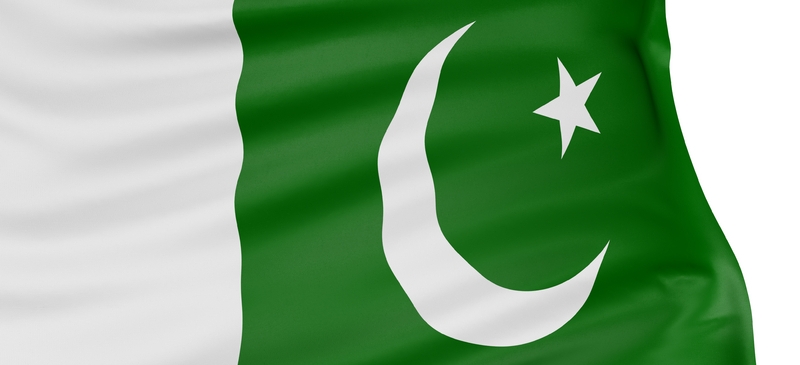
The EU must deliver on its commitment to Pakistan
In April 2010 the EU will hold its second summit with Pakistan. The EU started holding these summits last year, as part of an effort to address security threats stemming from the country, especially the Islamist militants who use it as a safe haven to undermine the allied war effort in Afghanistan, and train suicide bombers to target Europe and the US. At the first summit, in June 2009, EU leaders pledged to help the Pakistani government tackle the root causes of radicalisation by co-operating on counter-terrorism and by helping to strengthen democracy and economic development. But one year on, European leaders are showing signs of backsliding on their commitment. If the EU is serious about contributing to global security, it needs to step up its engagement with Islamabad.
Pakistan is home to many of the risks and challenges identified by the EU’s Security Strategy, agreed in 2003 and revised in 2008. It is exposed to terrorism and regional conflict. Parts of the Pakistani state are at risk of failing. And its nuclear arsenal could, in the wrong hands, foster nuclear proliferation. Yet only recently has the EU considered Pakistan a foreign policy priority. That shift is mostly due to pressure from the UK, which has been heavily involved in Pakistan since the Raj, and the US, which thinks Pakistan is critical to stabilising Afghanistan and wants Europe’s help.
At last year’s EU-Pakistan summit, the EU increased its humanitarian aid by over €60 million and voiced the possibility of granting Pakistan additional trade preferences. Then, in October 2009, the EU approved an Action Plan for Afghanistan and Pakistan. The plan promised detailed programmes to help Islamabad, including possible assistance to Pakistan’s police and judiciary. However, little progress has been made on implementing the Action Plan. A European Commission review that will determine whether Pakistan can be granted enhanced trade preferences is taking longer than some member-states had hoped, in particular the UK.
Some EU countries are unconvinced that Pakistan should benefit from new trade preferences. Others see little value in holding EU-Pakistan summits. And while the UK, which provides over £100 million a year to Pakistan, wants its fellow member-states and the Commission to boost aid, other member-states prefer the EU’s current spending priorities. In total, the EU and its member-states – including the UK – provide only around €300 million a year to Pakistan.
The EU often stresses the need for more strategy and coherence in its foreign policy. It needs to think about how to apply this logic to Pakistan. China, Saudi Arabia, the UK and the US will remain the dominant players in Islamabad. Nevertheless, if the EU could give extra help to Pakistan’s fragile democratic government, it would not only fulfil its goals of strengthening democracy and helping to prevent conflict, but it would also enhance its own security.
The EU can be of most help to Pakistan by encouraging bilateral trade. The member-states should use the forthcoming summit to encourage a speedy review of possible enhanced trade preferences for Islamabad. In addition, the EU’s embryonic External Action Service should make Pakistan a priority. It should strive to devote more development aid and technical expertise to the country, including police trainers and judicial experts who could assist Pakistan’s chronically under-resourced police forces.
To maximise the impact of its assistance, the EU should work closely with the US. The Obama administration’s new Pakistan strategy creates opportunities for extensive co-operation. After years of working closely with General Musharraf, and focusing predominantly on military aid, Washington now wants to give more support to good governance and economic development. It is providing over $1.5 billion a year in civilian aid. The EU could learn from US successes and setbacks on the ground, for example on the best way to deliver aid in the most needy but dangerous areas. Close co-operation with the US would allow the EU to focus on its comparative strengths and increase its leverage over Islamabad, which is currently negligible.
The challenges in Pakistan are daunting and what the EU – and the US – can realistically achieve is limited. For years Washington has struggled to encourage Islamabad to commit fully to tackling terrorism and support economic development. But any steps which help to strengthen Pakistan’s governance and economy will be of great value to regional stability and European security.
